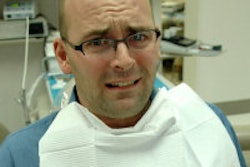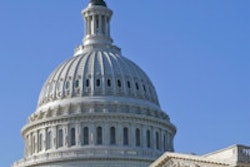The New Hampshire Senate recently passed a bill to expand the state's Medicaid program but left out adult dental care.
The new plan would insure about 50,000 more state residents and allow them to choose their preferred health insurance on the state's health exchange, according to a sentinelsource.com story.
If approved by the House and signed into law as expected, the New Hampshire's Health Protection Plan will give more residents access to medical care and mental health services, but the dental services they receive won't change.
The state's Medicaid program covers dental care for children up to age 21, as well as disabled adults and pregnant women. It pays for preventive care for children but only covers emergency care, such as extractions, for adults.
Changing Medicaid benefits to cover dental care has been recommended by state health officials as part of an integral approach to overall health, but the proposal has been rejected by lawmakers as too costly.
Under the Patient Protection and Affordable Care Act (ACA), Medicaid expansion will cover adults who earn less than 138% of the federal poverty level, or about $16,000 per year. It's estimated that 40,000 to 50,000 adults will receive health insurance under the expansion, which would take effect July 1.
There are ways for states to leverage federal Medicaid funds to implement optional programs such as dental benefits, health officials said. By signing onto Medicaid expansion through the ACA, New Hampshire would show a commitment to having more people insured, more people getting preventive care, and, theoretically, fewer people developing serious health problems.
Fewer people getting sick means less money spent by the state and federal governments on emergency and intensive care.
If the state shows that it's reforming programs and saving money, it can ask for a waiver from the U.S. secretary of Health and Human Services, according to the story. The waiver would allow New Hampshire to put the money it has saved back into developing other programs that improve the quality of healthcare for low-income patients, such as dental insurance.
Even if the federal money is granted, the final decision with what to do with the money rests with state lawmakers.
State health officials are looking at applying for waivers if Medicaid expansion is approved by lawmakers and signed by the governor.



















